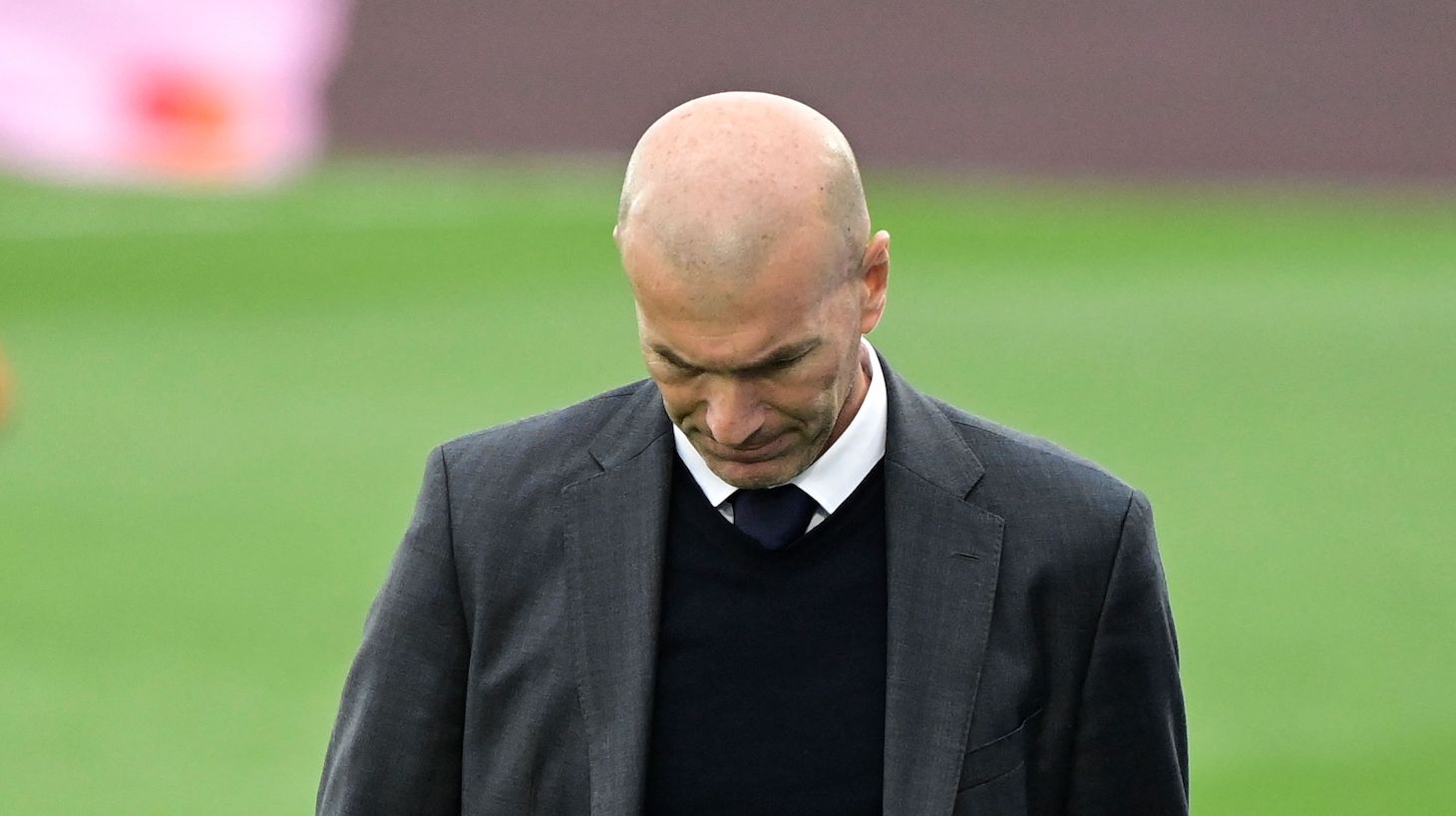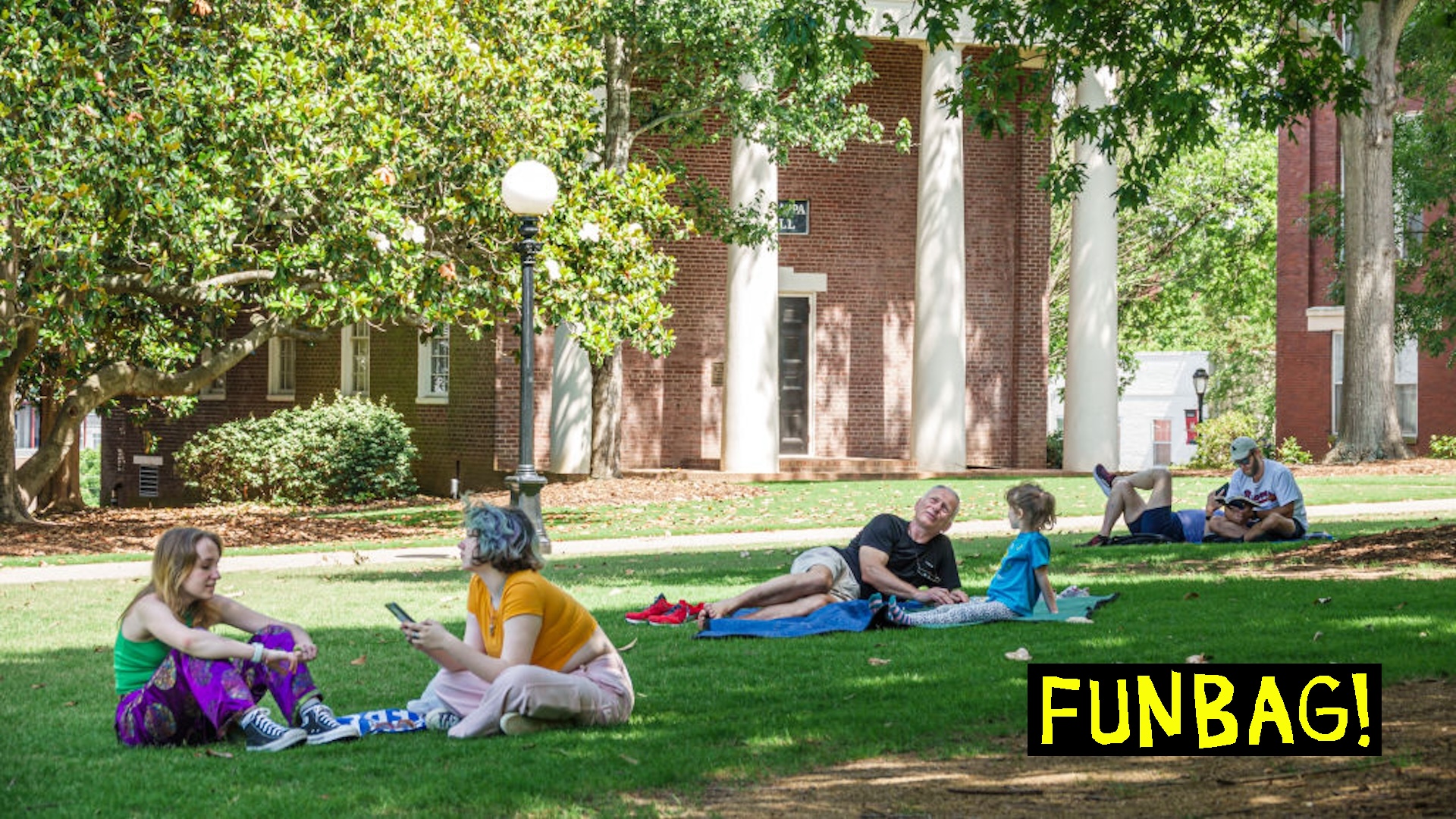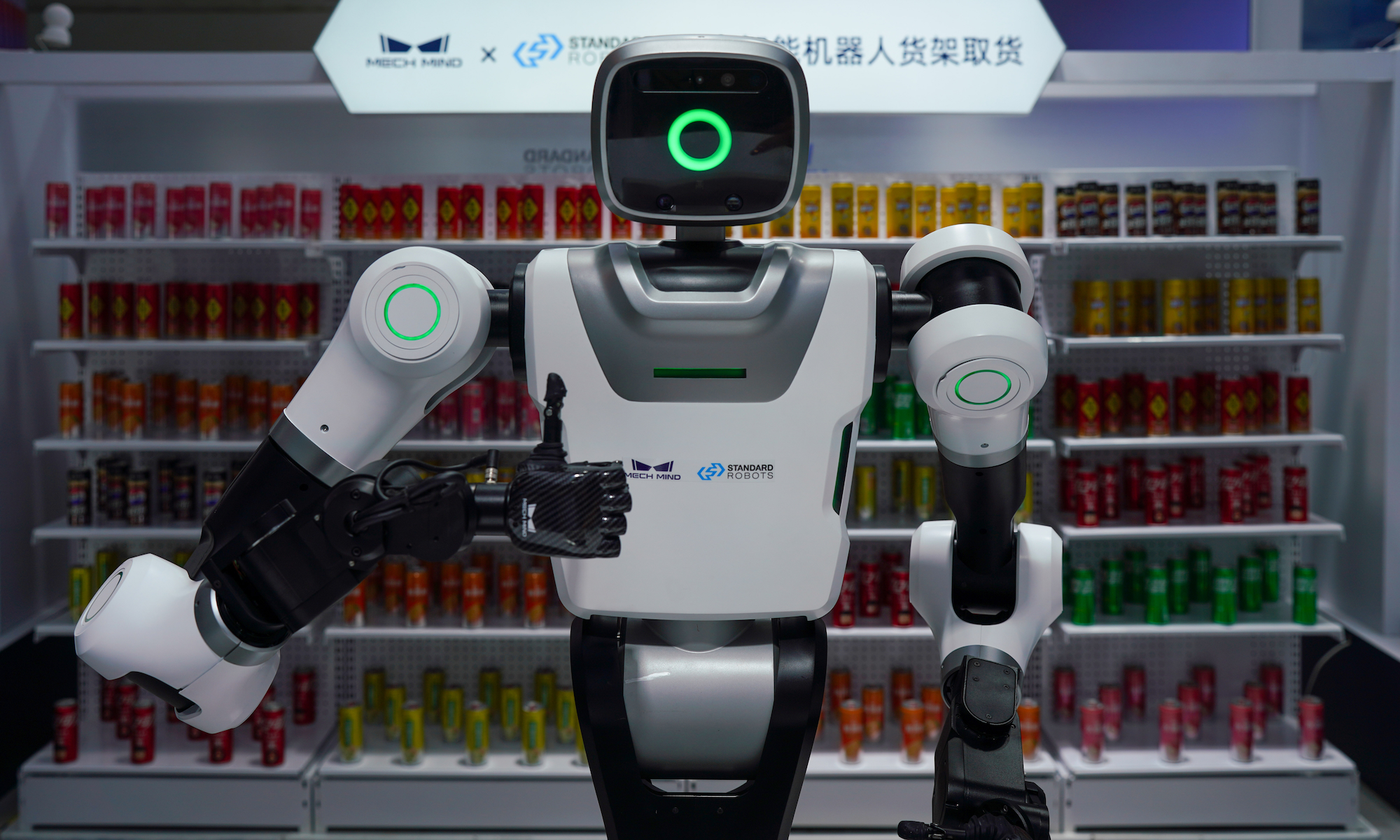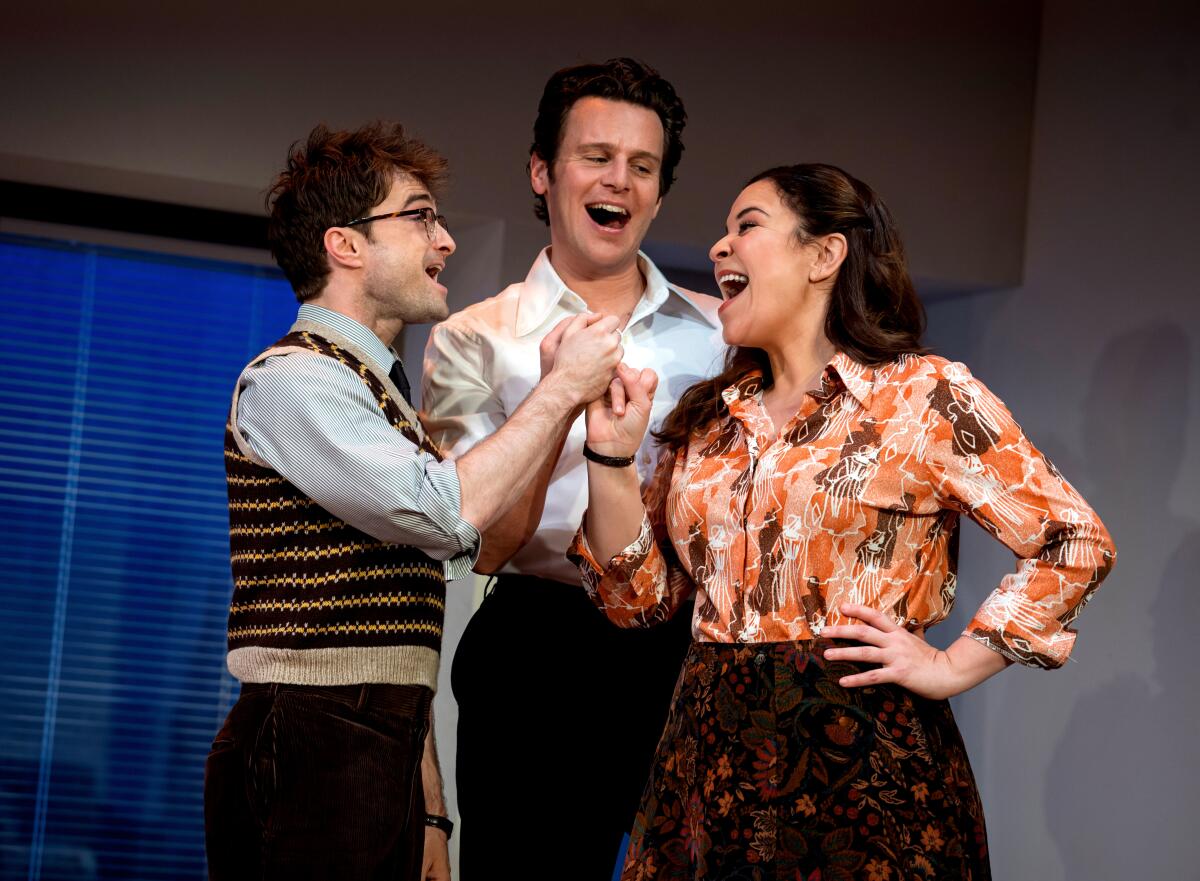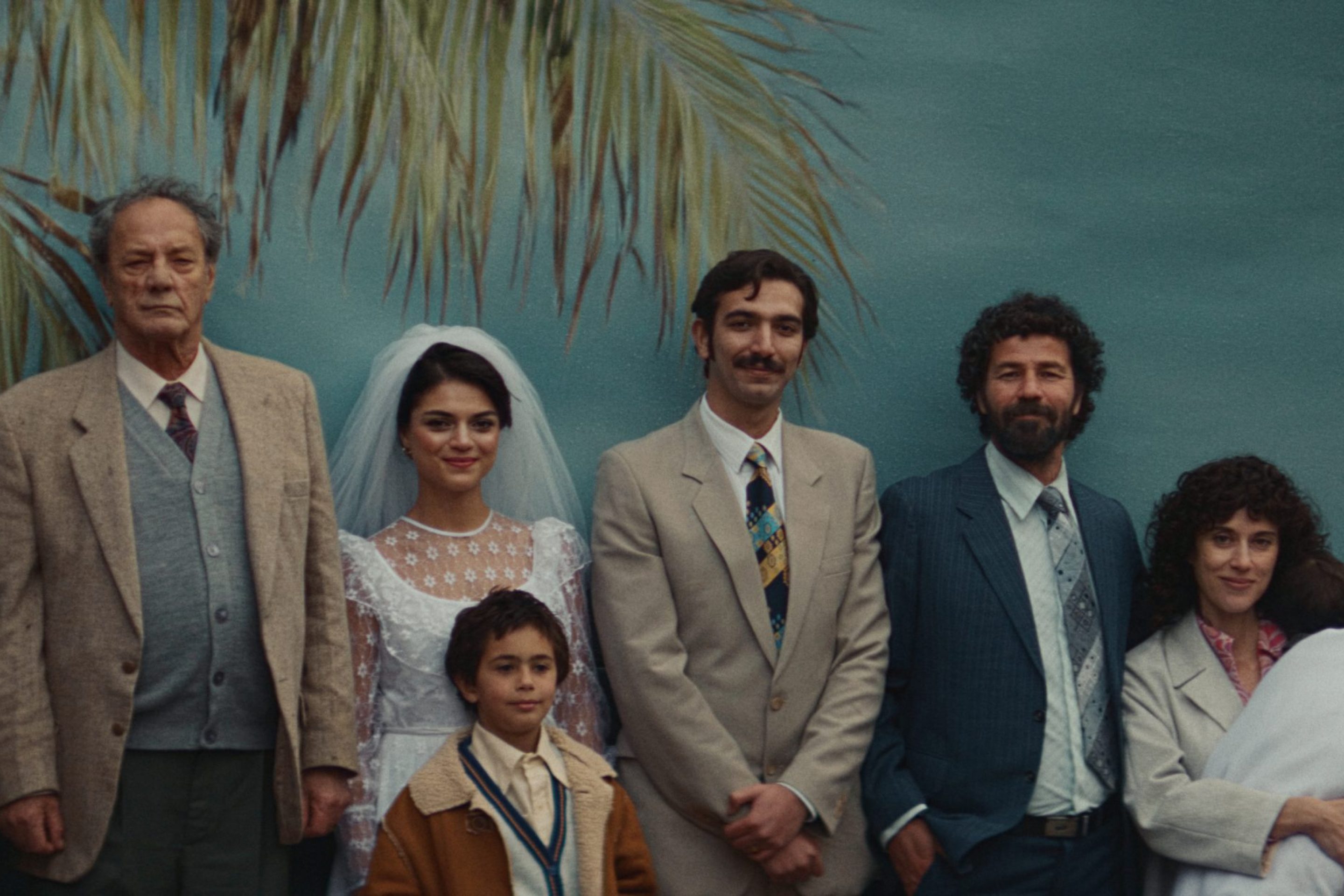Three years after leaving the post for the first time at the conclusion of one of the most successful runs in modern history, and two years after returning to the job for round two, Zinedine Zidane has once again resigned from Real Madrid. Like many relationships attempted for a second time, the reunion started with lots of hope and excitement for something both old and new, but it has now come to a disappointing end, after failing to recapture the glory of the past while also being unable to forge a new, different future.
The allure that enticed Zidane to return to the site of his great playing and managerial triumphs, as well as the forces that brought him to the decision that now was the time to leave, had their origin in the Frenchman's first resignation. As surprising as Zidane's departure was back then, just a few days after Madrid's third consecutive Champions League title, the reasons he gave for doing so made sense. Reading between the lines, he seemed to believe the generation of players that had brought the club so many trophies in the previous half-decade had come to the end of its cycle, and that the roster needed to be rejuvenated with major additions and subtractions in order for a new cycle to begin. However, thinking he was not the best man to oversee this squad overhaul—either because his close ties to the major figures of that generation might obstruct the necessary clear-out, or because he didn't think the club's all-powerful president, Florentino Pérez, had the stomach for such drastic change in the immediate aftermath of so much success—Zidane chose to step down and give someone else a shot at building the next great Madrid.
And yet when Pérez's hand-picked successor failed so miserably to maintain an acceptable standard while transitioning into the post-Zidane, post-Cristiano Ronaldo era, Zidane couldn't resist the chance to fill the one hole in his brief but impossibly successful coaching career: building a team of his own, in his own image. Ronaldo's exit, Gareth Bale's inability to assume the role of the club's new talisman, the increasingly evident decline of the team's older players, and the poor results on the pitch in the season following Zidane's resignation made clearer the necessity of a true generation change in Madrid.
Presumably all of that indicated to Zidane that, with almost an entire year between the glory days of his old tenure and the start of his new one, the time was right for him to come back to Madrid and take charge of the rebuilding project he'd already foreseen on the horizon. After a first spell in the gaffer's chair that mostly (though not entirely) entailed expertly managing the egos of a readymade squad of superstars, Zidane's second time in charge offered a new opportunity to have a firmer hand in determining who played for the team and how the team should play, in accordance with Zidane's own vision of the game. Winning trophies with a team you've been handed must feel great, but an even sweeter achievement is to win with a team you've constructed with your own two hands.
In some ways, Zidane: Redux has been more successful than it had any right to be. The manager's presence immediately anchored the unmoored ship, returning some much-needed steadiness and stability to the club. In his first full season, Zidane won the league title in a feat made even more impressive by the absence of Real's then-new superstar, Eden Hazard, who barely played at all and almost never played well. This season, Real withstood a lack of offseason investment and a ridiculous string of injuries to fight for the league title until the very last day, as well as make a surprising run to the Champions League semifinals. In both seasons, Zidane bolstered his underrated credentials as a tactician, creating a team that had arguably the best build-up play in Europe and a fantastic defensive pressing game, all while granting his players a level of freedom of expression rarely afforded by the highly rigid and automated playing styles that predominate today. It would be totally unreasonable to expect much more from Madrid during these injury-stricken, COVID-19-induced finance-crippling past couple seasons than what Zidane has been able to achieve.
Nevertheless, Zidane has resigned, and there's now a vague but unmistakable air of failure, or at least disappointment, surrounding his second term. The culprit for this, I believe, is Zidane's inability to bring about change. As impressive (all things considered) as Real's results have been since Zidane's return, it's telling that the orchestrators of those results are the same ones from before. Karim Benzema (33 years old), Toni Kroos (31), Luka Modric (35), Sergio Ramos (35), Casemiro (29), Nacho (31), and Lucas Vázquez (29) have all played some of the best soccer of their careers the past couple seasons. On the other hand, Hazard has been a bust, Federico Valverde has yet to consolidate a starting role despite showing promise, none of the club's expensive young Brazilian signings (Vinícius Jr., Rodrygo, and Reiner) look all that likely to become the New Neymars they were brought in to be, Marco Asensio has regressed, Isco has completely disappeared, Martin Odegaard has only played well when out on loan—I could go on listing players who the club expected to become the pillars of a new Madrid but haven't. Rather than replace the members of the old guard, Zidane has, by necessity, continued to feature them. This has brought the club some laudable short-term success while doing next to nothing for its long-term health.
From afar, it feels like it's that lack of renewal and replenishment that has soured the relationship between Zidane and the club. It would make sense if Zidane felt under-appreciated by a famously, ludicrously demanding president, and a fan and media environment always prepared to react to anything short absolute victory by calling for the guillotine. He has done yeoman's work keeping a proud, confident, but aging and under-talented roster near the top of Spain's and Europe's elite, and he has been rewarded with belief that it hasn't been enough. He has requested the incorporation of new, younger-but-established players to his squad, and he has seen those requests either denied or fulfilled by additions that haven't panned out. He returned to Madrid in order to build something new and his own, and instead he's been forced to make do with the remaining pieces he'd already left behind.
Sooner than later, Real Madrid will have to fully move on from the key players behind the halcyon days of yore, and start over with something new. Zidane recognized this fact earlier than most when he left town in 2018, and it was his belief that the time had come for a new day in Madrid that led him back a year later. His faith in that new dawn's imminence has proven misplaced, and the new job Zidane must've thought he was signing up for wound up looking a lot like a worse version of his old job. It's a little sad, then, to think that the opportunity the next Real manager has will be the exact one Zidane himself has been after all along.
